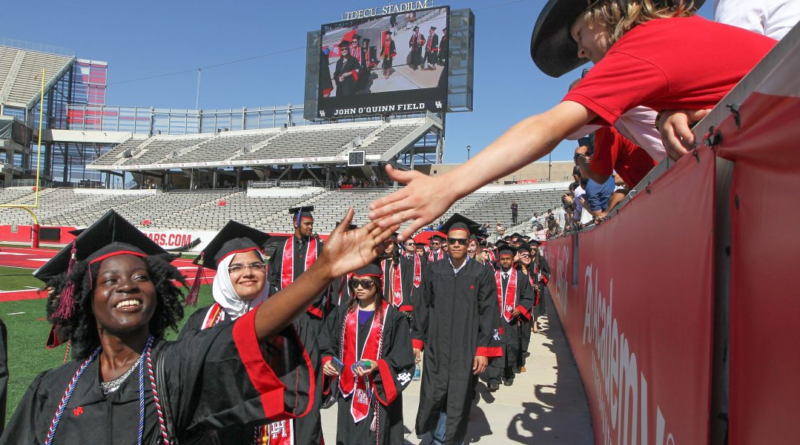Texas colleges modify or put holds on 131 scholarships owing to DEI ban
The start of 2024 was more than just the beginning of a new year in Texas. It was also the date the state’s Senate Bill 17 went into effect, banning diversity, equity, and inclusion, or DEI, programs at public universities in Texas. Six months into that law, though, some unexpected side effects are becoming clear—including the impact on over 100 scholarships for potential students.
A report in the Dallas Morning News finds that 131 scholarships across the state have been frozen or modified as a result of the law, including 80 at Texas A&M and 45 at University of Texas campuses.
The law was meant to end programs like diversity training and similar initiatives at schools, but has also led to schools investigating and sometimes freezing scholarships for non-white students, even those that are privately funded.
In some cases, the wording surrounding eligibility for scholarships is being altered, for instance, changing the term “minority” to “disadvantaged.” Other schools are making bigger changes. For example, the Biotechnology Diversity Scholarship at Texas A&M (because it had the word “diversity” in the title) was modified, and a community-funded scholarship for black female athletes, named for two students who were killed in a car crash, was frozen by the school.
“The scholarships do not have anything to do with that diversity program or the state law,” Sam Butts, father of one of the students who was killed, told the Morning News. “We’re disappointed because that scholarship was set up to help minorities.”
State Sen. Brandon Creighton, who authored the bill, said in a statement to the paper that SB17 was not designed to impact scholarships offered by private organizations and that “the law makes clear that taxpayer funds should not be spent conferring special benefits based on race, color, or ethnicity.”
Because many of those scholarships are administered by schools, though, confusion has arisen.




